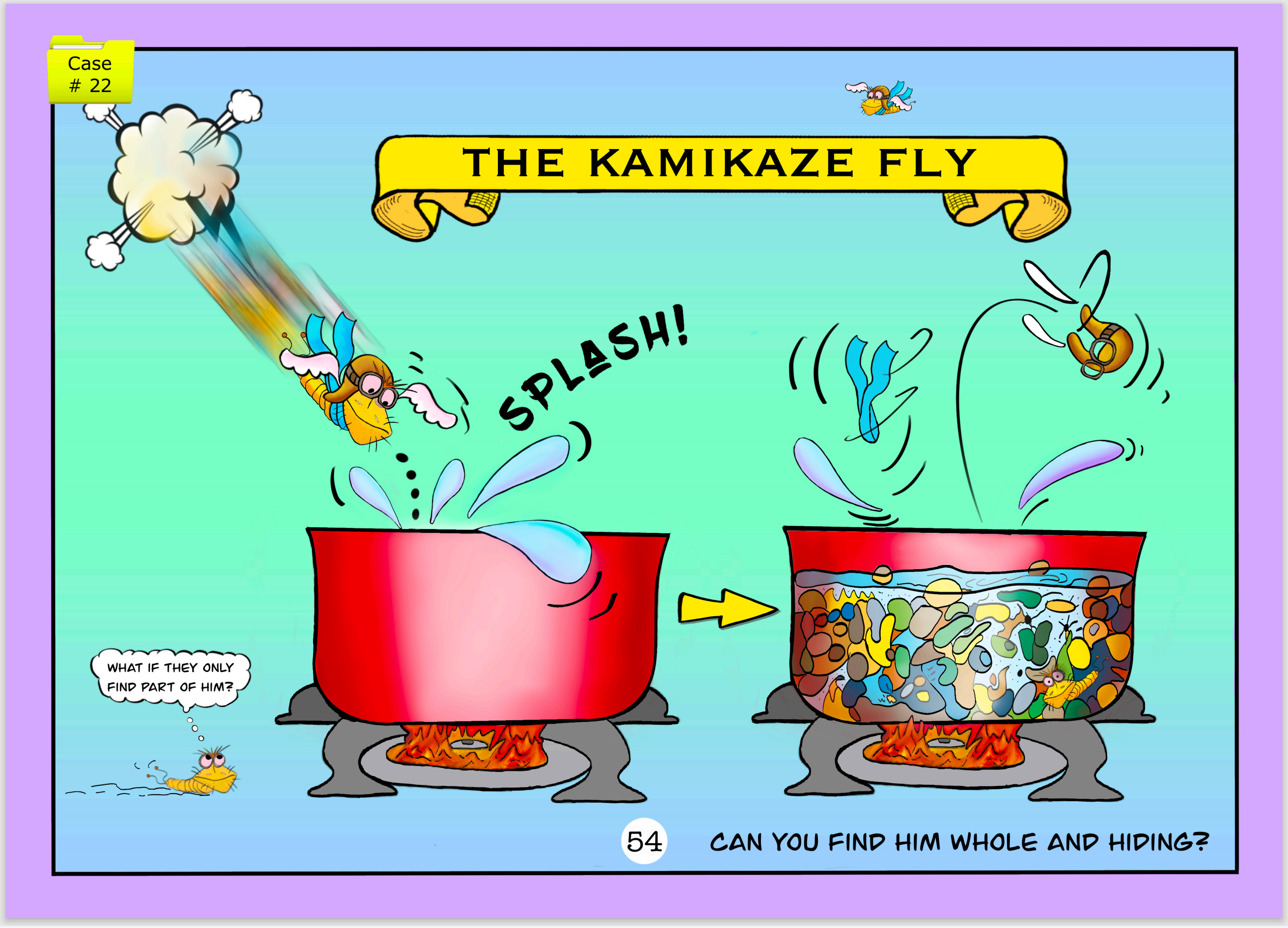“As long as it lies desolate it shall have rest, the rest that it did not have on your Shmittot when you dwelt upon it (referring to the years of shmitta).” 26:35 Rashi directly links the seventy years of Babylonian Exile to the seventy years of shmitta and yoval that we did not keep. This was the divine retribution.
Galus (exile) is a unique punishment that is not associated directly with any mitzvah other than shmitta. Until now, we understood that if we do not follow the mitzvoth, the land will not produce fruits. We will be forced to either starve or leave. But in the case of transgressing the laws of shmitta, we are sent into galus even if there is plenty of food in the land. What lesson can be learned from the ultimate punishment of galus?
The answer is that because it is human nature to think we are going to live forever, Hashem gives us mitzvot to protect us from misusing our lives. Chazal warns us over and over that there will come a time when we have to make an accounting for the days we spent in this world. Furthermore, Hashem made us dependant on Him in order that we should remember that we are not “calling the shots”. Hashem created us even weaker than animals and we are easily defeated by ravenous predators.
But what humbles us most is that we must struggle for parnassa. Man must rely on Hashem for everything; food, shelter and clothing. Letting the land lie fallow throughout the seventh year shows that we know we are not its owner. We do not have permission to plow, sow or harvest during this time. This is Hashem’s land. Therefore, by ignoring the commandment of shmitta, we are in essence saying “This land is mine and I will do what I want with it.” At this point Hashem must exile us in order that we do not “steal” from Him.
Being in exile underlines the point that we do not own anything. We wander from country to country leaving everything behind, again and again. While in galus we are grateful just to be alive and we turn more readily to Hashem for our needs.
Everyone has his own personal galus. Everyone “forgets” that he doesn’t really own anything and must use whatever he has been given the way Hashem instructed him to. By keeping the laws of shmitta we are declaring our total reliance on Hashem. When we realize that He owns everything and we put ourselves in His hands, we are always right at home. The foundation of a successful home is built upon a pure emunah that Hashem is taking care of all our needs.
Over the years people have asked me if I would ever draw cartoons depicting some of the cases found in Yora Daya. Well, the answer is yes! I recently published a sefer called The Great Game of Kashrut. Click on the link to find out more: The Great Game of Kashrut

To order a copy of The Great Game of Kashrut follow this link: The Great Game of Kashrut
If you would like to dedicate a Davar Torah in honor of a special occasion or in memory of a beloved family member please contact Yisroel Simon at yisroel@judaism613.com.
Good Shabbos,R’ Channenjudaism613.org